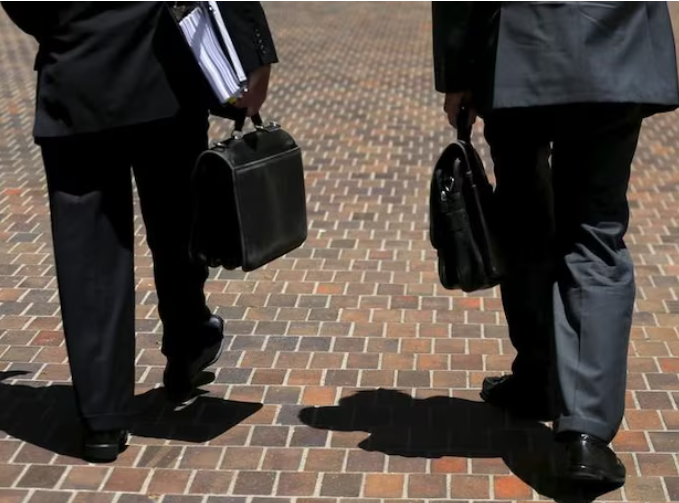On Monday, the 2nd U.S. Circuit Court of Appeals reignited a lawsuit that challenges Connecticut’s professional conduct rule for lawyers. This rule, enacted three years ago, prohibits lawyers from engaging in harassment or discrimination based on race, sex, religion, and other characteristics. The court’s decision marked a significant shift, as it allowed the plaintiffs to argue that the rule infringes on their First Amendment right to free speech.
Attorneys Argue Their Free Speech Faces a Credible Threat
Attorneys Mario Cerame and Timothy Moynahan claimed that the rule puts their First Amendment rights in jeopardy. They expressed concern that state officials might discipline them for protected speech about contentious topics such as race, gender, and religion. To strengthen their argument, they emphasized that the rule’s broad language creates uncertainty, potentially leading to disciplinary action even when no harm is intended.
Significantly, the 2nd Circuit agreed with the plaintiffs, reversing a lower court’s earlier dismissal of the case. The appeals court ruled that Cerame and Moynahan faced a “credible threat of enforcement,” which validated their standing to challenge the rule. Previously, U.S. District Judge Alvin Thompson had dismissed the lawsuit in August 2022, reasoning that the plaintiffs lacked a “real and imminent fear” of punishment under the rule. However, the appellate court’s decision now shifts the focus back to the potential chilling effect the rule could have on free speech.
Advocates Celebrate the Ruling as a Victory for Free Expression
Following the court’s decision, the New Civil Liberties Alliance (NCLA), representing the plaintiffs, celebrated the ruling as a critical step forward for First Amendment protections. Peggy Little, senior litigation counsel at NCLA, praised the decision, emphasizing that the rule could stifle important discussions on controversial issues such as critical race theory, gender ideology, and religious beliefs. According to Little, this ruling ensures that lawyers can freely engage in these conversations without fear of unwarranted discipline.
The case highlights a growing divide in how courts interpret similar rules. For instance, in a contrasting decision, the 3rd U.S. Circuit Court of Appeals rejected a challenge to Pennsylvania’s anti-discrimination rule in 2023, finding that the plaintiff did not have standing. These differing outcomes illustrate how courts navigate the tension between promoting anti-discrimination policies and safeguarding free speech.
What Happens Next in the Case
As the legal battle continues, Connecticut bar officials remain firm in their defense of the rule. During oral arguments, Connecticut Deputy Solicitor General Michael Skold argued that the rule would not target speech protected under the First Amendment. However, the 2nd Circuit’s decision has opened the door for further legal scrutiny.
With this ruling, the case, Cerame v. Slack, takes on greater significance. Legal experts anticipate that the case could influence similar challenges nationwide, setting a critical precedent for balancing anti-harassment rules with constitutional rights. For now, the debate underscores the broader challenge of addressing discrimination while respecting free expression in the legal profession.

